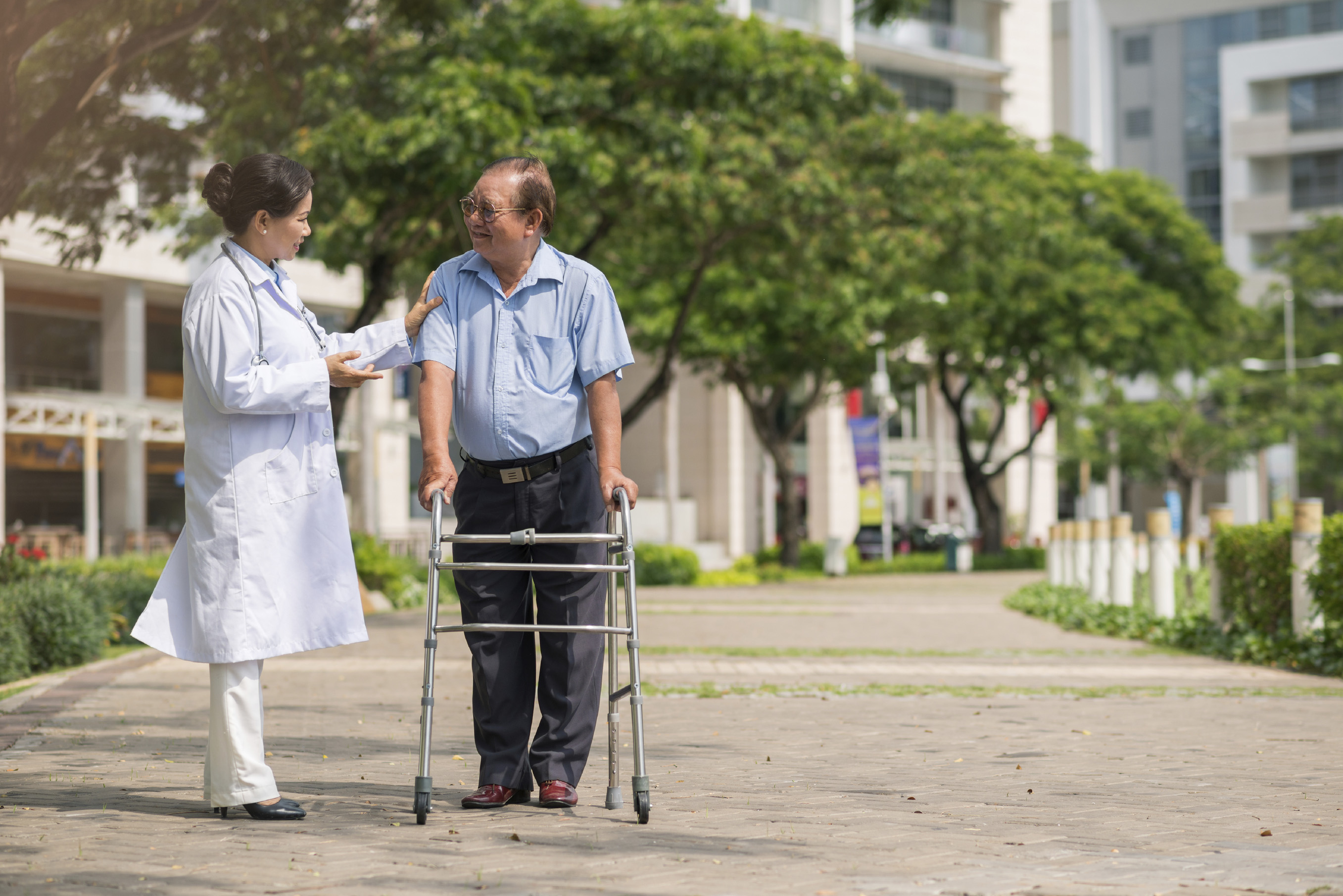In recent weeks, there have been two major news stories related to the issue of senior nursing care. In one, the Supreme Court reversed a Nagoya High Court ruling that ordered a 94-year-old woman to compensate JR Tokai for damages caused in 2007 by her then 91-year-old husband, who, suffering from dementia, disrupted train service when he wandered onto the company's railroad tracks and was killed. In the other, a former nursing home employee in Kawasaki is suspected of having thrown three residents to their deaths.
Due to the sensational nature of these two items, the media has covered them in detail. However, not all have connected them to current debates taking place in the Diet that bear directly on nursing care. For instance, a Lower House panel is now discussing revisions to a law for kaigo kyūgyō, or paid leave for the purpose of taking care of an ill family member. One of the new touchstones of Prime Minister Shinzo Abe's economic recovery policy is making sure that no one has to quit their job in order to care for an incapacitated parent full time. According to government surveys, about 100,000 people a year resign or retire to do just that.
Anyone who needs time to take care of a family member can get up to 93 days of paid leave. The revised version of the law proposes that employees be allowed to divide this period into three isolated blocks of time, so that if the employee returns to work before the 93 days are up, they can later take more time off as the need arises. Welfare minister Yasuhisa Shiozaki says that studies show that 90 percent of workers who take time off for elderly nursing care do so three times.



















With your current subscription plan you can comment on stories. However, before writing your first comment, please create a display name in the Profile section of your subscriber account page.